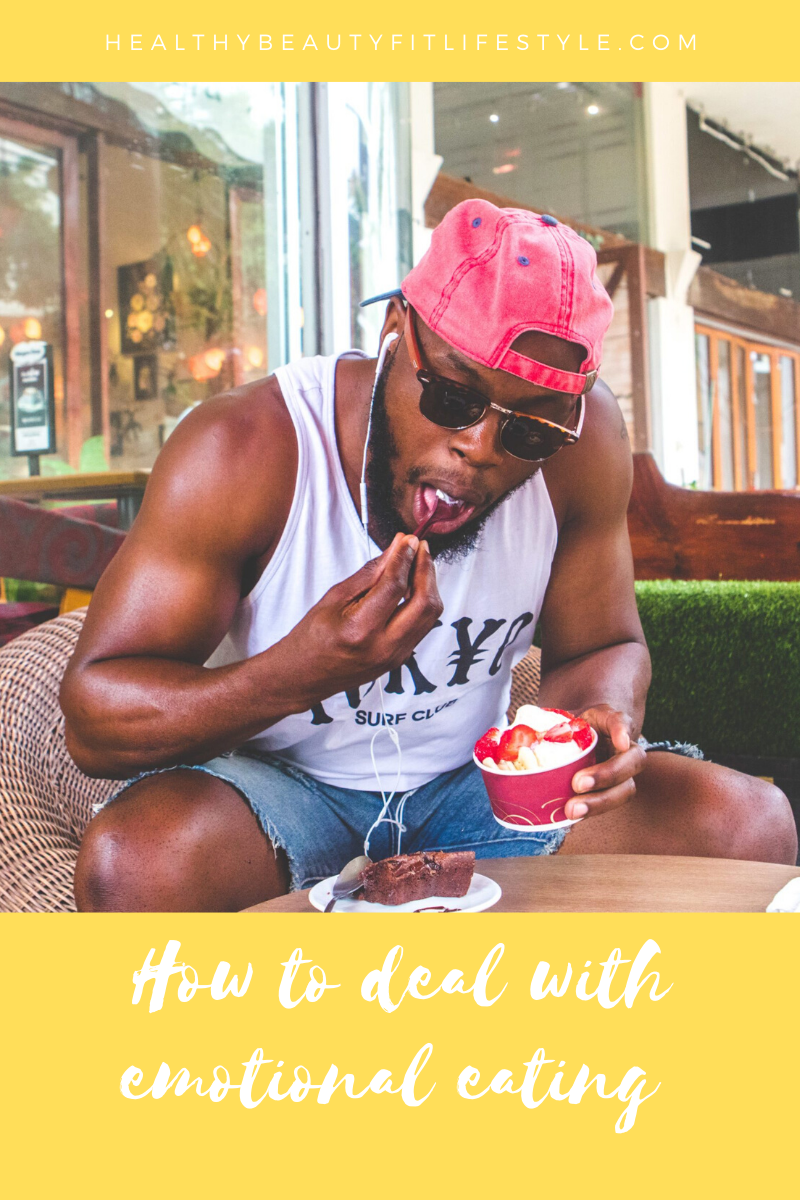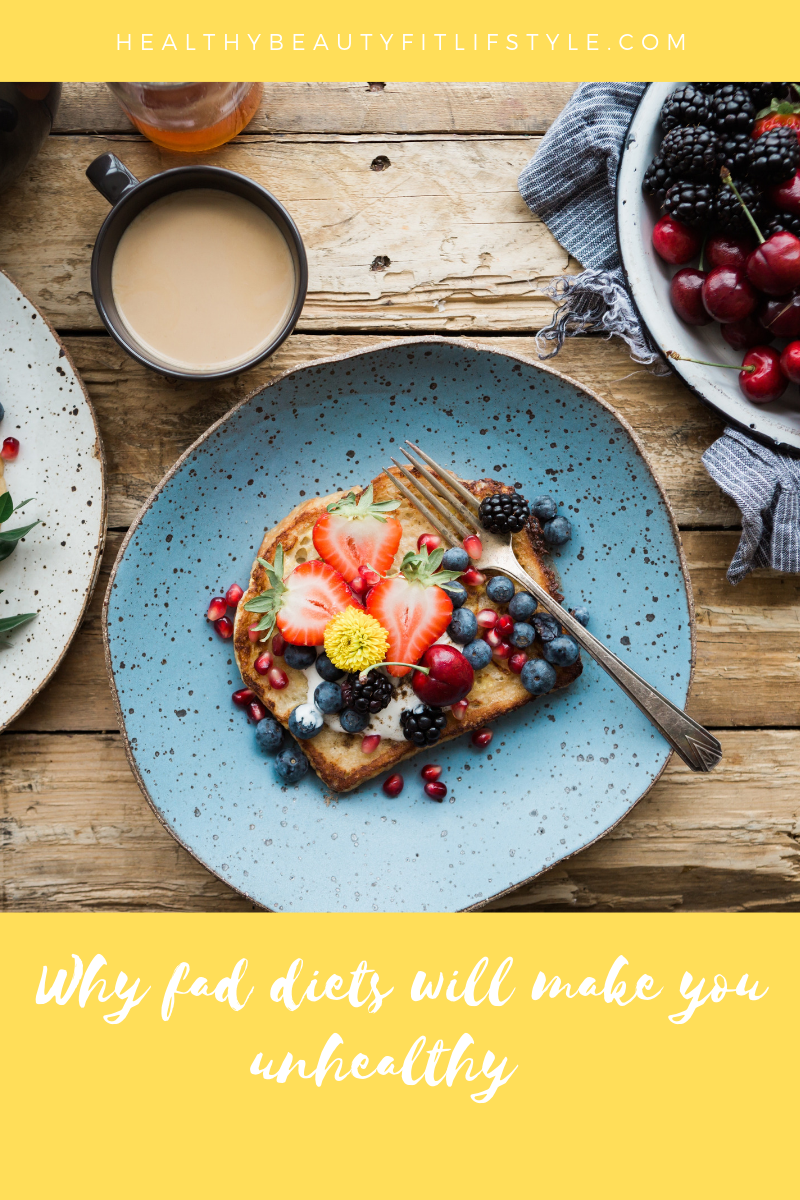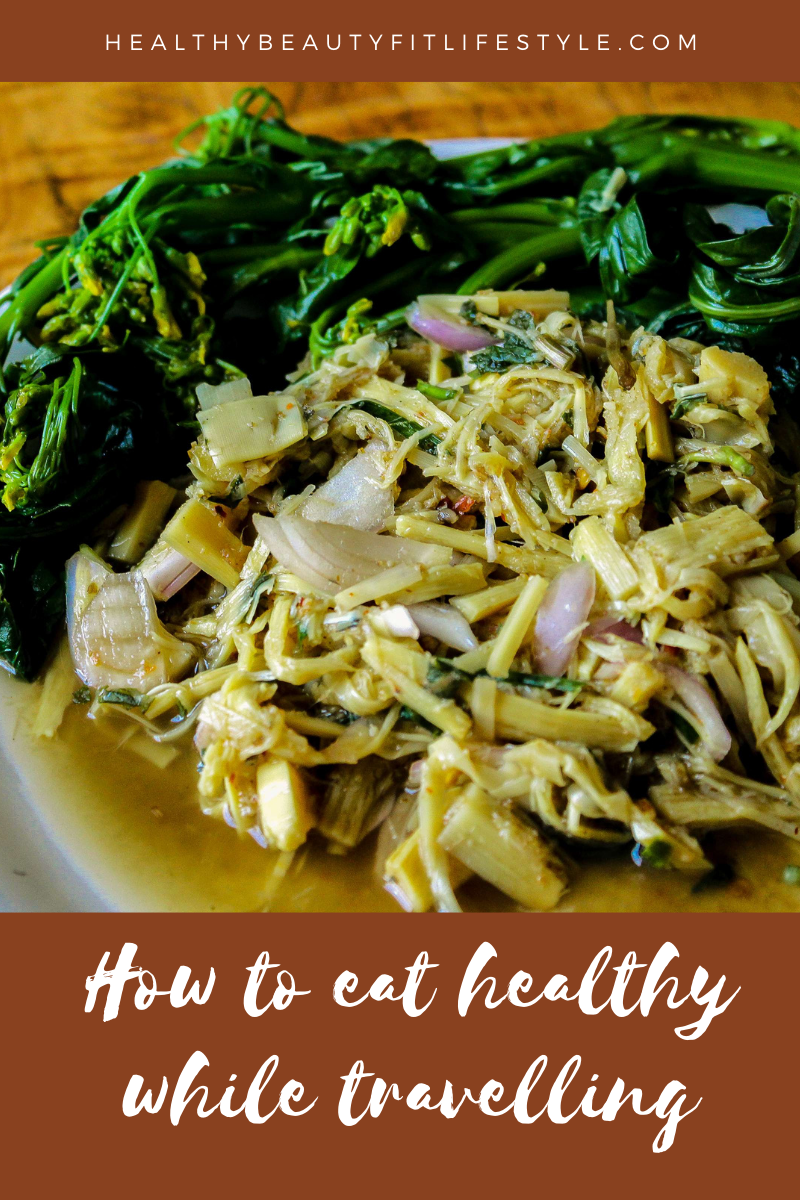Emotional eating is nothing new. In fact, we’ve all experienced emotional eating in one way or another in our lives. Emotional eating is more common than we think. If you find yourself running to get that bag of chips or some cookies after a stressful day, then you know what I’m talking about. However, if this is something you constantly keep doing on a daily basis, and you can’t seem to control it, then you may need to look at what’s going on. You don’t want to make this behavior havoc on your health/ fitness journey right? Today, I’ll show you how to deal with emotional eating easily and effectively.
How to deal with emotional eating: Is food a culprit?
Ok, so, I guess you may be thinking I will come out with some “dieting 101” manual to stop eating certain foods. Nope, not doing that… As a matter of fact, doing restrictive diets have been proven by science to fail because they trigger negative emotion. Yes! I said it.. Eating is part of an emotional process in our body. Certain foods cause us to feel pleasure, satisfaction and stimulate our brain’s senses. Therefore, when we do certain serious restrictions, our body reacts by craving more of those “forbidden” foods. This will make us go into that vicious cycle of overeating certain seasons or even creating that feeling of guilt. This is one of the main reasons why many people struggle to lose weight effectively. If you haven’t learned about how fad diets can ruin your weight loss journey, read more here.
How to deal with emotional eating: What causes it?
Emotional eating has many triggers. It’s more psychological than any other thing. Some common causes are stress, depression, anxiety, concern, frustration, etc. The most common cause is stress. Let’s say for example, you have an important project at your job that’s due soon and you have been behind working on it. And to make things more “juicy”, the outcome of this project will somewhat define your future at your job. You end up not only staying up late hours at night, but also your nerves are wrecking, so you end up snacking whatever sweet you find in the pantry or fridge. Or you may rush to the grocery store and pick up those donuts. Can you relate?
Other facts…
Another typical example is depression. When you are sad, the first thing you want to do is look for comfort. And having highly processed foods that are sugary or rich in fat usually help you feel at ease. The problem with these triggers is when we let the control us. When you don’t deal with depression, meaning, looking for the emotional solution to that, you can easily find yourself overeating constantly. Sounds logical right? That’s the main reason why whenever we are sad or stressed our brains make us crave more of certain foods than normal.
Another common cause of emotional eating is the menstrual cycle in us women. Yes, we ladies tend to engage more in emotional eating because of the changes in our hormones. If you identify this as a trigger for your emotional eating, then it’s easier to handle. When we go through these monthly changes in our hormones, then we can understand that it’s seasonal and it can happen only certain days. Besides that, if you are used to a healthy eating lifestyle, that way, you don’t have to feel that guilt or pressure.
Food and emotional eating
There are certain foods associated with emotional eating. Why do we crave certain foods more than others? Well, as I said earlier, depriving of certain foods is one of the main reasons why our body wants to crave those foods later. Also, foods that are highly processed, containing lots of sugar, fat, salt, sodium and additives trigger our brains to release certain “happiness hormones”. One of those is cortisol. It mainly helps us with our state of relaxation and pleasure. This is caused by what scientists called “hyperpalatable foods”. These are foods that highly stimulate our senses and taste.
Think about it… When was the last time you were worried or nervous and you craved an apple? Most likely you wanted to have that bag of cookies or go for that piece of chocolate cake. We usually use these as comfort foods. But, if you see it in a positive way, you can delight in these foods occasionally and not necessarily when you are feeling down. Once you develop a healthy eating regimen, you won’t feel stressed about this. As well, it’s important to address the issue that’s causing the cravings. BTW, I wrote a guide previously on how to reduce sugar cravings here.
5 unique ways on how to deal with emotional eating
Practice intuitive eating and mindfulness
Intuitive eating is one of the best hacks on how to deal with emotional eating. Learning how to eat intuitively will help you identify when you’re hungry and when you’re eating for the sake of emotion. When you eat in an intuitive way, you honour your hunger signs, your body and your mental state in a positive way.
As I’ve mentioned before, changing your mindset towards developing a healthy relationship with food will help you live more at ease. It is proof that you’ll make peace with your body and release the stress associated with food. Because eating is an experience, you should acknowledge it as a process of nourishing your body but also to trigger a positive mental health. In my article about ways to stop yo-yo dieting for good, I explain more in detail. I always advocate for balance, as well as freeing your soul from the guilt feeling of delighting yourself from time to time. If more often than not you find yourself overeating (bingeing) and then feeling guilty, without any control, then it’s time to look for some guidance.
Eat right not less
This goes without saying. And it’s not about what foods you should cut out from our regular eating lifestyle, rather on which foods you should be eating more frequently. This shifting in mindset is what will help you make better sound food choices. Also, is the healthiest approach to smart and effective weight loss.
Balance is key baby! Learning to include more of high quality whole foods will not only nourish your body, but naturally stop those intense sugar cravings. Choose more protein foods, add more fiber to your diet (quality carbs) and healthy fats. You’ll notice that eventually, these types of foods will help you control your hunger and make you feel full. Don’t forget to always stay hydrated! I dive more into these strategies in my guide about smart food choices.
Become physically active regularly
Being active on a daily basis is a natural way of dealing with stress and negative emotions. Practicing exercise also helps to balance the hormones and make us feel better. I’m living proof of it! It boosts not only your metabolism but also your confidence, body image and mood in general. If you’re having a bad day, simply get moving! Go for a walk, hit the gym for that workout routine! I shared more before about what fitness does for your mental health.
Balance your life with doing things that you love
A good strategy on how to deal with emotional eating is taking off the focus on what’s causing you to overeat. Life is more than just food, therefore, get out there and enjoy more of the things you love. Focus on being surrounded with your loved ones, take that trip to the beach or get back to that favorite hobby. Doing things that make us feel happy is a natural way to heal from the emotional trigger, whether it is stress, pain or depression.
Nurture positive thoughts and emotions
Having the right mindset towards life in general will take off a lot of unnecessary stress. More often than not, our own thoughts make us fall into a negative state of mind. Being constantly worried about the future, not planning ahead of time, being in toxic environments, and other things cause us a lot of stress. What if we start focusing more on healthier relationships with people? What if we start growing a more positive mindset? And, what if are living the present, instead of worrying or causing excess anxiety? Think about these things. It’s certainly not easy, it takes time, but it’s worth the try.
Finally,
Learning how to deal with emotional eating is essential not only for your weight loss/fitness journey, but also for your mental health.Having the right approach, a positive mindset around food, as well as a healthy eating regimen and lifestyle are keys to help you gain power on how to deal with emotional eating. Once you see emotional eating as something that happens normally and that you can control it easily, you’ll be at ease and have better results. Let me know your thoughts in the comments below. Share this with your friends.



